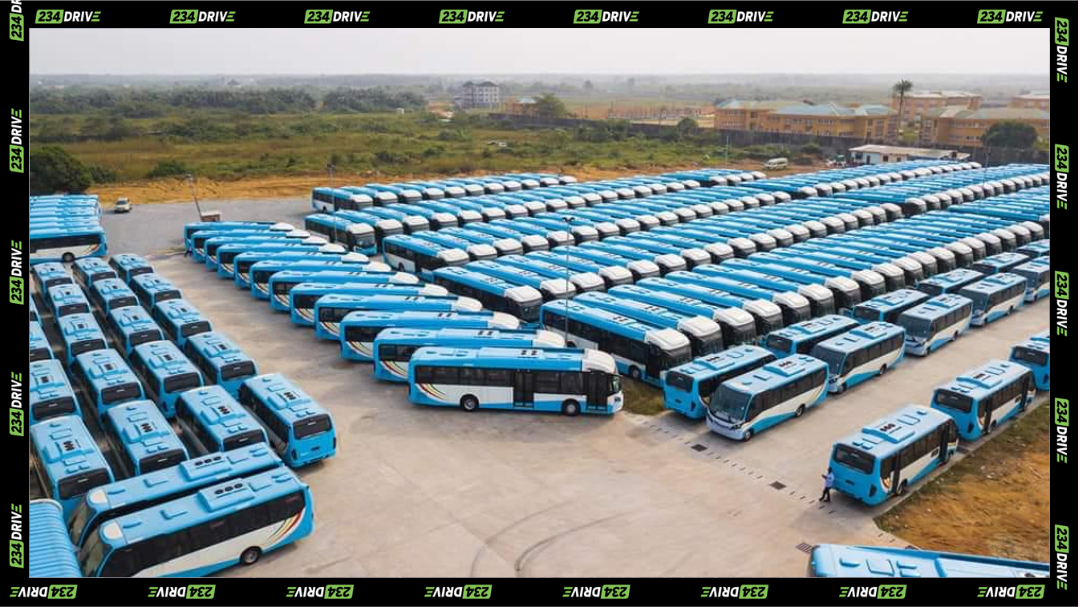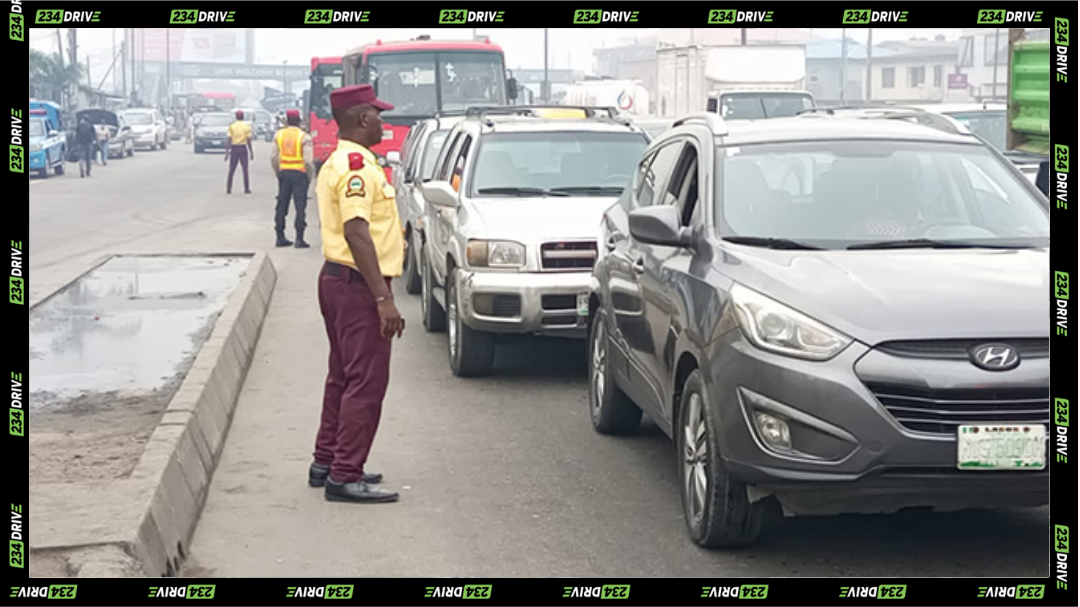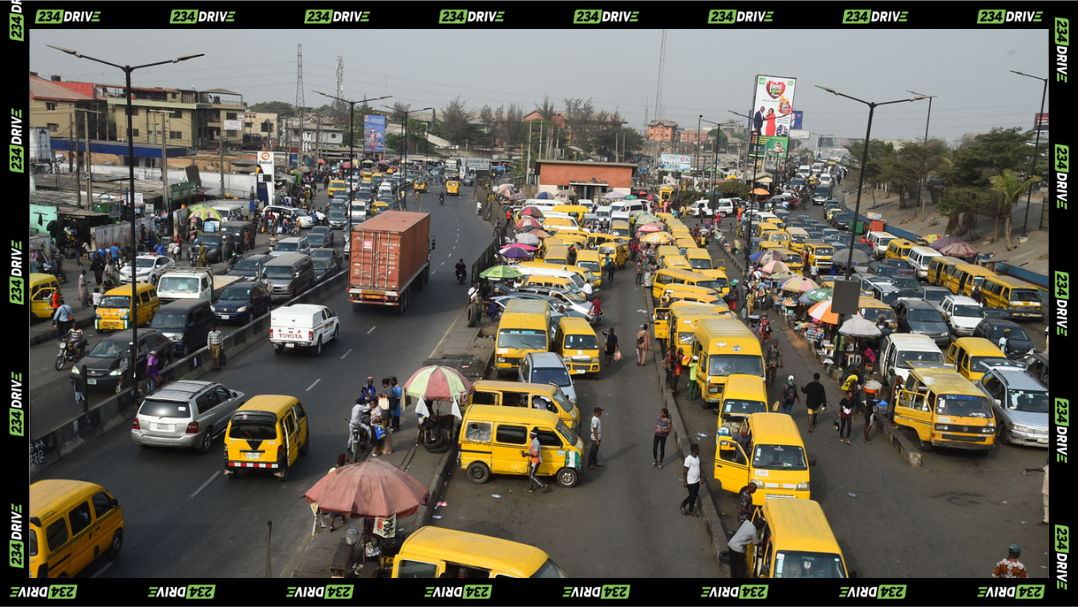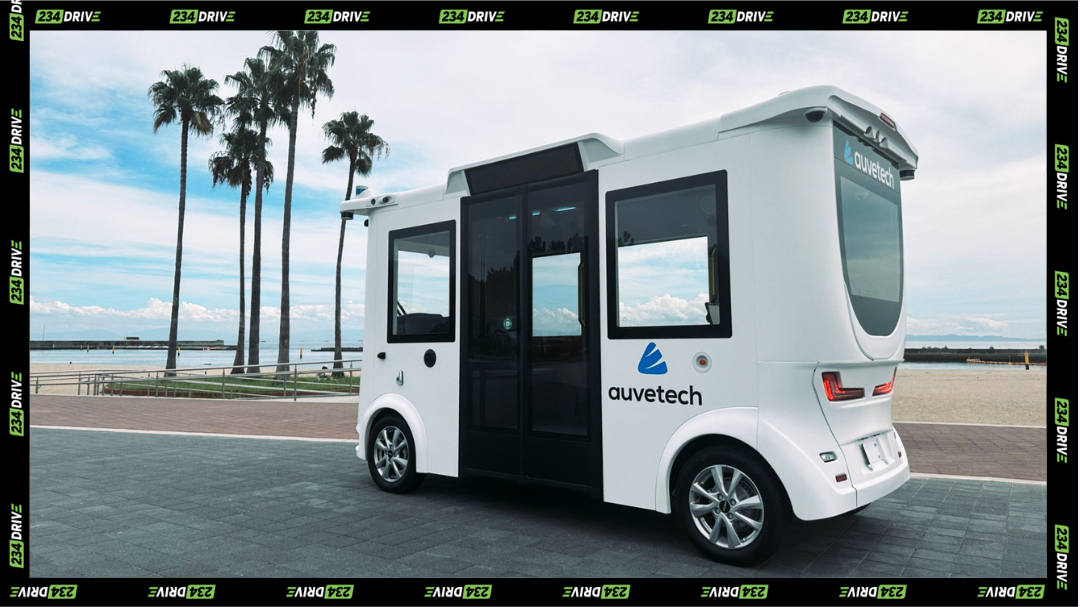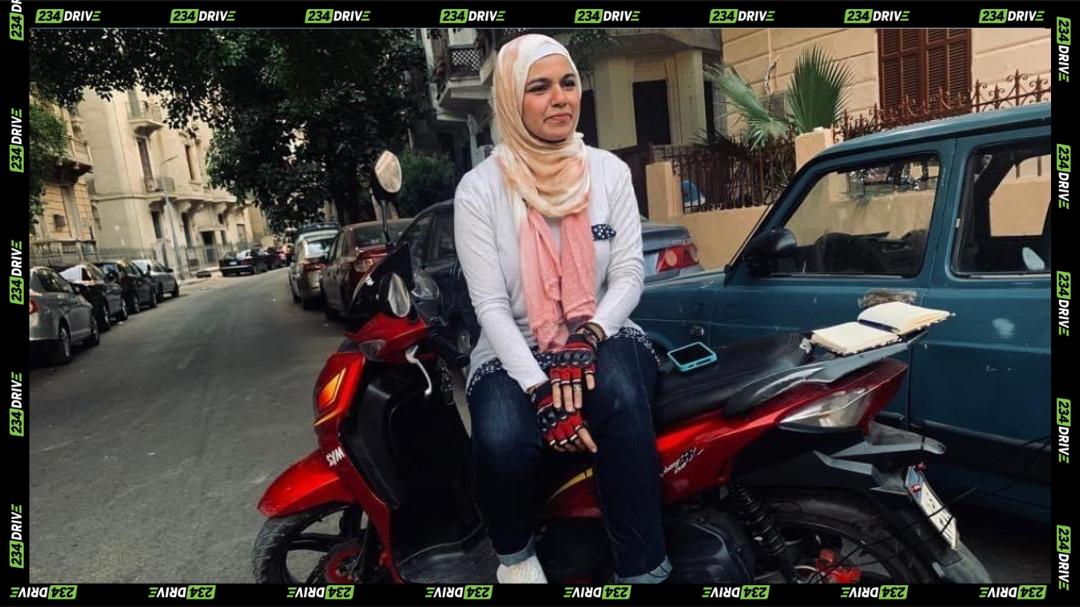
A Dosy rider sits on her scooter in a Cairo neighbourhood during training. | Source: Dosybikes
Egypt’s mobility sector is shifting fast—and women are taking their spot at the centre of it. Dosy, a women-led platform that trains riders, provides a scooter-based ride service, and supports buying and selling motorbikes, is helping women move freely in Egyptian cities. What began in 2019 as a search for a female scooter instructor has grown into a service that teaches thousands of women to navigate streets long dominated by men. In a country where mobility often defines access to opportunity, Dosy has turned a simple skill into a form of independence.
How Did Dosy Bikes Start, and What Helped It Grow?
Sisters and Co-founders Nouran and Menna Farouk built the platform after discovering how difficult it was for women to find safe, reliable training. The demand surprised them. Lessons filled up, word spread quickly, and women who learnt to ride began returning as instructors. That cycle—riders becoming teachers—strengthened the community and gave the company the trust it needed to expand its services.
Dosy now runs scooter training programmes, a ride-hailing service in Egypt focused on safety and comfort, and a marketplace where women can buy or rent scooters. Although prices have risen with fuel and maintenance costs, the company says growth remains steady as it works on more flexible plans. While most lessons still take place in safer, gated communities due to Cairo’s traffic conditions, the long-term goal is to reach more areas and eventually expand beyond Egypt and into the larger northern African region.
How Did Cairo React to the Rise of Women Scooter Riders?
Public attitudes have shifted noticeably. When Dosy first started, seeing a woman on a scooter in Cairo felt out of place. Today, it happens more often on main roads, and the harsh comments that once filled social media have eased. For many of these women riders, riding is a way to take up space in a city that hasn’t always made room for them.
Moreover, Egypt’s mobility transformation isn’t limited to last-mile transport. The country is preparing for one of Africa’s largest and fastest rail systems, powered by Siemens’ new Velaro high-speed trains. The upcoming 2,000-kilometre network is expected to connect major cities from Ain Sokhna to Alexandria, Luxor, Aswan, and beyond, cutting travel times and modernising regional movements on a scale not seen in the region before.
From scooters to super trains, Egypt is building momentum in restructuring the movement of people and goods—determining the speed and with what level of safety and access.
If this much can change in six years from the activities of just two individuals, what will the region’s mobility landscape look like five years from now if driven by the government?


